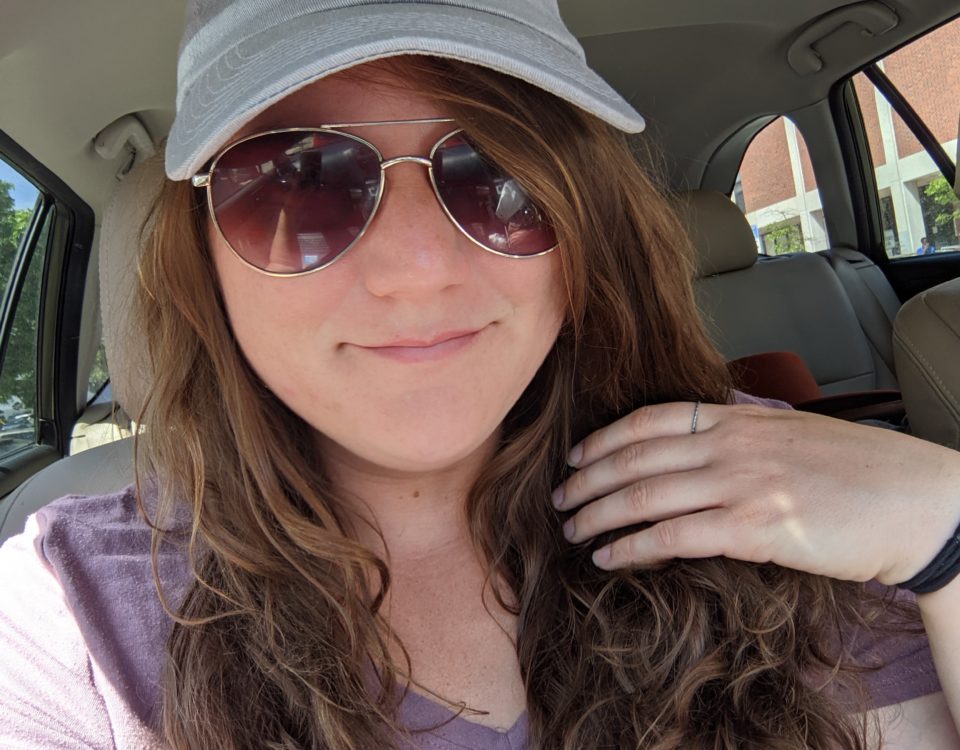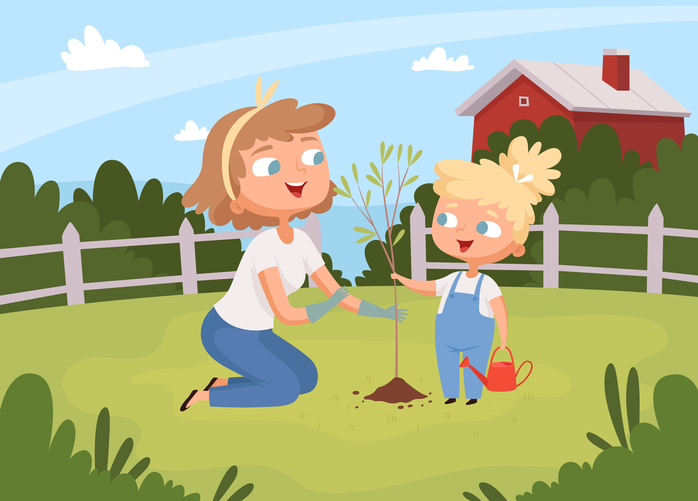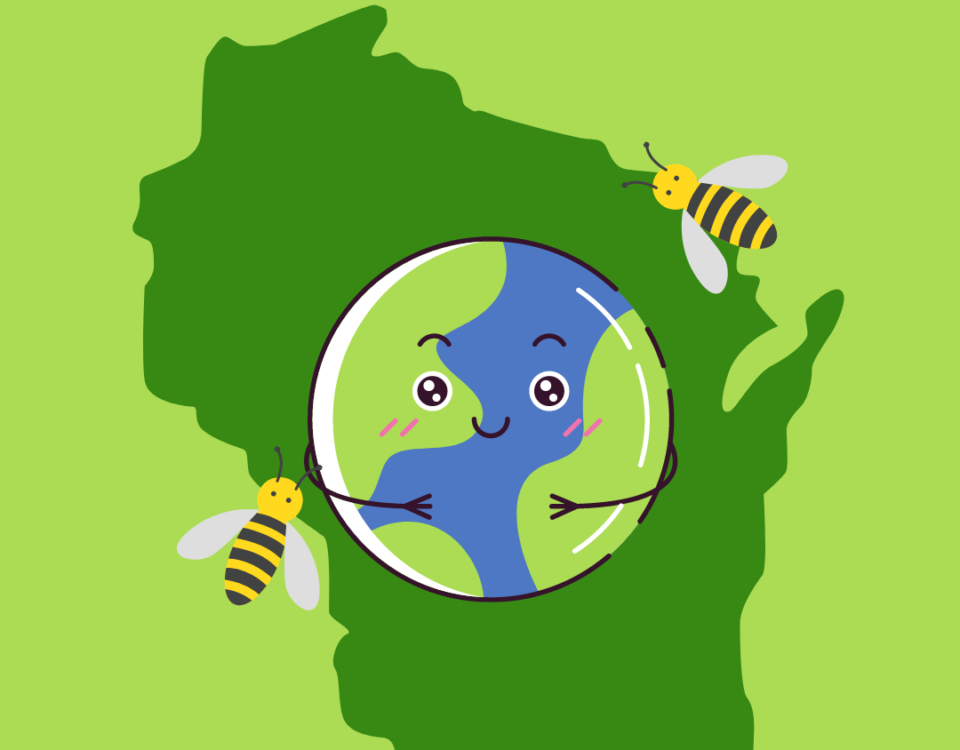- All-In-One Beekeeping for the Bees
- +1-608-728-8233
- info@beepods.com
Watch The Pollinators to See How We Can All Choose to Change Agriculture

The Pollinators shows how these small creatures impact our daily lives.

The Pollinators shows how these small creatures impact our daily lives.
The Realities of Keeping Bees
The Pollinators starts in the dark of night, immediately showing the realities of commercial beekeeping that most US citizens are not aware of. Starting just past dusk, beekeepers load up and transport thousands of colonies. The workers are all back in their hives, sleeping for the night. Carried across the country by large semis, these efficient pollinators are the reason we have fruits, vegetables, and nuts on our plates.
This documentary establishes tone right away, highlighting the perspectives of commercial beekeepers and facilitating an honest conversation about the state of their industry. The filmakers include commentary from fruit farmers, scientists, and beekeepers that are going on three decades or more of commercial beekeeping. The only party with a vested interest not interviewed are the bees themselves.
“Beekeepers are kind of like the last of the cowboys you see in the movies.”
These beekeepers often transport their bees with short notice, subject to the whims of Mother Nature and requests to bring in the pollinators the minute blooms emerge. During the film, all of the pertinent issues are explored – mass die-offs in recent years, pesticide use, the interface between wild bees and managed bees, and more. And the filmakers should; all of these factors contribute to the decline of the honey bee and ultimately, the dire status of our agricultural system.
The Impact of Human Action on Pollinators
What this documentary does well is to illuminate how all of these factors impact bees. For example, one commentator explains, “Wax is almost like a fossil record.” The point? Pesticide use impacts honey bees in many ways, and there may not be any truly safe use. Bees’ bodies cannot handle much pesticide exposure and the way they construct their homes lends itself to environmental accumulation. Later, one of the commentators, Professor Emeritus Jim Frazier, explains how in Europe, chemicals are generally not approved for use if scientists are not sure of safety. Currently, the US does not function this way, and bees hurt for it.
However, it’s not so simple. For farmers across the US, there’s immense pressure. They must meet high demands, and they must produce the perfect fruit and vegetables US consumers have come to expect. This perfection is not possible without the use of pesticides and unsustainable agricultural practices, and the whole situation comes across like a runaway train without breaks. This film doesn’t allow us to watch without sobering us to the realities of consumption.
If you want to help pollinators, start with Beepods Lab.
Learn how to garden, raise bees, use hive products, and watch videos from pollinator experts.
A Different Take on the Decline of Pollinators
As the agricultural industry evolved to prioritize corn, soybeans, and wheat, monocultures took over. Monocultures are not good for bees, and they are not good for humans. The Pollinators presents a refreshing alternative interpretation to the typical dialogue about “evil industrial agriculture”: The burden of responsibility for creating a sustainable system for both bees and humans falls on us, the consumers.
Without our demand for perfection, for blueberries available year-round, the agricultural industry might have the space to focus on sustainable, soil-replenishing techniques in lieu of chasing commodity prices.
What The Pollinators does well is remind us that none of us are helpless cogs in the wheel of a system we have no control over. We have choices, and often the voices that have stock in the situation have similar interests.
Pesticides and fungicides are a large cost for farmers; many would be amenable to forging a system that doesn’t require such expenses. Besides, a monoculture devoid of biodiversity requires more work and monetary investment than focusing on the natural order of things.

Watch The Pollinators to hear from experts and see how connected everything really is.
Final Thoughts
The Pollinators shows it’s possible to work with nature. They highlight the work of Dan Barber, chef, ethical eating advocate, and developer of the honey nut squash, and Dr. Jonathon Lundgren, no-till farmer. The latter demonstrates the difference between the soil in a field dominated by industrial agriculture and soil in a no-till field. In this sense, this film doesn’t just present an issue, sensationalize it, and scare us into an opinion; it shows us mutually beneficial action possible. And it’s already happening through the choices of people who don’t accept the current system.
We are reminded as we watch that organizations, like the Environmental Protection Agency (EPA), have a lot of power. But people have just as much if not more. Consequently, if a farmer sees his neighbor successfully support biodiversity, he may question his own practices. It goes beyond farmers and beekeepers. You and I can do a lot to help create change. Know where your food comes from. Eat local honey. Accept blemishes on your fruit. Educate yourself. Start by watching The Pollinators.
Caitlin Knudsen
Latest posts by Caitlin Knudsen (see all)
- How to Change Your Students’ Lives With Project-Based Learning - November 20, 2020
- Watch The Pollinators to See How We Can All Choose to Change Agriculture - November 13, 2020
- 6 Cold Weather Feeding Tips You Have to Know - November 6, 2020



